Although it is a simple food, turmeric has many very good uses for health.
Natural antioxidant, anti-inflammatory
Curcumin in turmeric has strong antioxidant properties. It can protect health by: Reducing harmful free radicals; enhancing the body's natural antioxidant defenses; limiting degenerative reactions that damage cells, according to Health (USA).
Not only that, curcumin is also believed to have the ability to block inflammatory factors, reduce levels of inflammatory chemicals (cytokines) and reduce the activity of enzymes that promote inflammation.
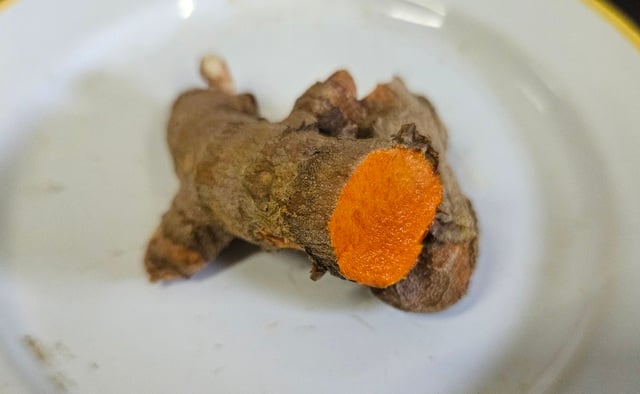
Turmeric is used in both food processing and medicine.
PHOTO: NHU QUYEN
Helps wounds heal faster
Turmeric is widely used as an antiseptic for cuts, burns and bruises.
Current research shows that curcumin, when applied topically (on the skin), can reduce burn size and swelling due to its antioxidant, anti-inflammatory, and collagen-boosting properties.
Soothes aching joints
Curcumin may help relieve swelling and stiffness by blocking the body's inflammatory signals, supporting immunity, and specifically clearing dysfunctional immune cells.
Research shows that 250–1,500 mg of curcumin daily for 8–12 weeks can help people with rheumatoid arthritis reduce pain.
Supports cardiovascular health, protects the liver
Curcumin can affect certain proteins, which have anti-inflammatory and heart-protective effects. It also helps strengthen blood vessels, improving blood flow - an essential factor for heart health and normal body function.
In addition, curcumin helps activate a special enzyme, which in turn produces natural antioxidants that help the liver detoxify, reduce inflammation, and protect against damage.
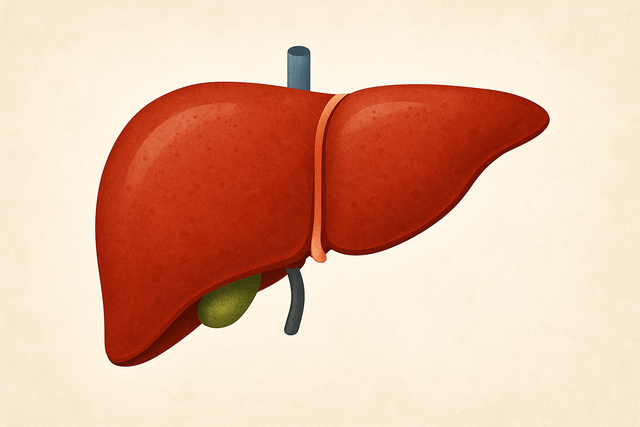
Turmeric produces natural antioxidants that help the liver detoxify
PHOTO: AI
Promote longevity
Curcumin in turmeric may slow down the aging process and delay age-related diseases. Preclinical studies have found that it also helps prevent tumor growth and the spread of cancer.
Human clinical trials are needed to confirm these benefits. However, it should be noted that high doses of curcumin can cause side effects such as diarrhea, nausea, and headaches.
Improve mood
Curcumin has the potential to help treat depression, either alone or in combination with conventional medications. It may help rebalance neurotransmitters, which contribute to mood regulation.
However, larger studies are needed to determine appropriate dosage and frequency of use.
Tips for using turmeric
Here are some delicious ways to incorporate turmeric into your daily diet:
Add to savory dishes : Adds beautiful golden color and natural aroma to stews, curries, soups or sauces.
“Golden Milk” : Turmeric, ginger, cinnamon and other spices mixed into warm milk create a golden-colored drink that helps fight inflammation.
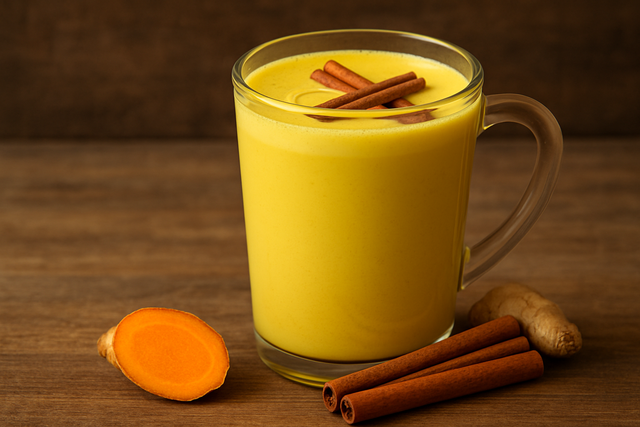
Turmeric and a few other spices can be added to warm milk to create an antioxidant, anti-inflammatory drink.
PHOTO: AI
Smoothies : Add a teaspoon of turmeric to your favorite smoothie for an antioxidant boost. Turmeric pairs well with tropical fruits like pineapple and mango.
Turmeric Rice : Mix turmeric into rice to create a delicious golden rice dish, great to eat with fish, beef or chicken.
Grilled Vegetables : Toss vegetables with turmeric, olive oil, sea salt and a little spicy seasoning before grilling.
People can add ground black pepper to dishes to help increase the antioxidant capacity of curcumin in turmeric. Healthy fats from avocado, olive oil or nuts also help the body absorb turmeric better.
Source: https://thanhnien.vn/vi-sao-nghe-tro-thanh-ngoi-sao-trong-lang-am-thuc-y-hoc-185250705235302446.htm



![[Photo] Parade blocks pass through Hang Khay-Trang Tien during the preliminary rehearsal](https://vphoto.vietnam.vn/thumb/1200x675/vietnam/resource/IMAGE/2025/8/27/456962fff72d40269327ac1d01426969)


![[Photo] Images of the State-level preliminary rehearsal of the military parade at Ba Dinh Square](https://vphoto.vietnam.vn/thumb/1200x675/vietnam/resource/IMAGE/2025/8/27/807e4479c81f408ca16b916ba381b667)


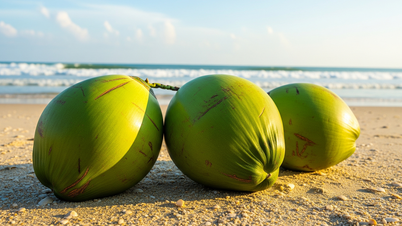

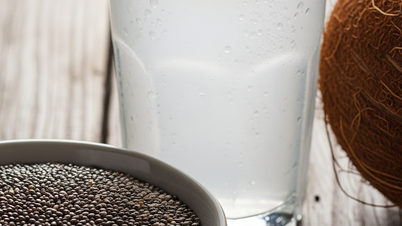





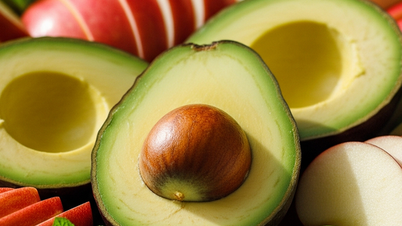




















































































Comment (0)